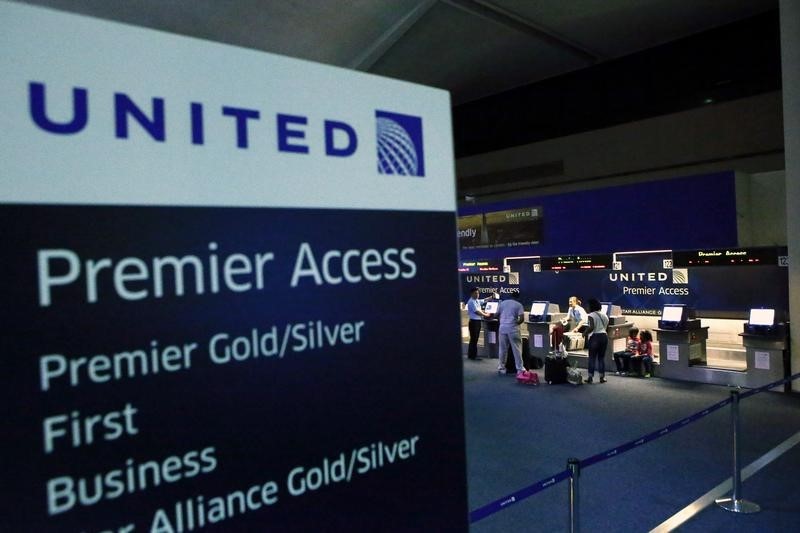By Jeffrey Dastin
(Reuters) - U.S. airlines on Thursday forecast enormous fuel savings in 2015 but hinted that ample consumer demand would allow them to avoid fare discounts and pass savings on to shareholders.
Share prices rose across the industry after four airlines said they will save hundreds of millions of dollars in fuel costs starting this year, with global oil prices down more than 57 percent since June. Fuel is the biggest variable cost for airlines, often representing a third or more of total operating expenses.
The carriers said they plan to use the fuel savings to pay down debt and return cash to shareholders. They gave no indication that they would pass savings along to customers.
On Thursday, Southwest Airlines (N:LUV) estimated it would save $1.7 billion on fuel in 2015. Delta Air Lines (N:DAL) tallied its 2015 savings at more than $2 billion, while fuel price forecasts from United Airlines (N:UAL) and Alaska Airlines (N:ALK) promised similar cost reductions.
Southwest's stock surged more than 8 percent.
The airlines' guidance for unchanged unit revenue year-over-year beat analyst expectations, according to UBS analyst Darryl Genovesi. Investors had feared that growing domestic capacity and a global economic slowdown would result in negative guidance, he said.
The carriers said they had already dipped into savings to repurchase shares, with Delta buying $500 million worth of stock, Southwest buying back $200 million and United buying back $100 million last quarter. Executives said they expected more buybacks to come.
Returning cash to shareholders is a new phenomenon in an industry that struggled to make a profit a decade ago. At the same time, industry consolidation has reduced competitive pressures, allowing airlines to avoid a race to slash airfares when fuel costs fall.
"Several of you have asked us if we are pricing to account for the lower fuel prices," said Andrew Harrison, senior vice president of planning and revenue management at Alaska Airlines, during the carrier's quarterly earnings call. "And the answer is no."
United Airlines spokeswoman Megan McCarthy explained, "it has been our position all along that fares are not cost-driven. They are demand driven."

Still, airline fuel savings have been muted by hedges put on months ago when the carriers expected the price of oil to rise. Southwest and United each paid a premium to close out most of their hedges for 2015, although United still anticipates $870 million in hedge-related costs this year.